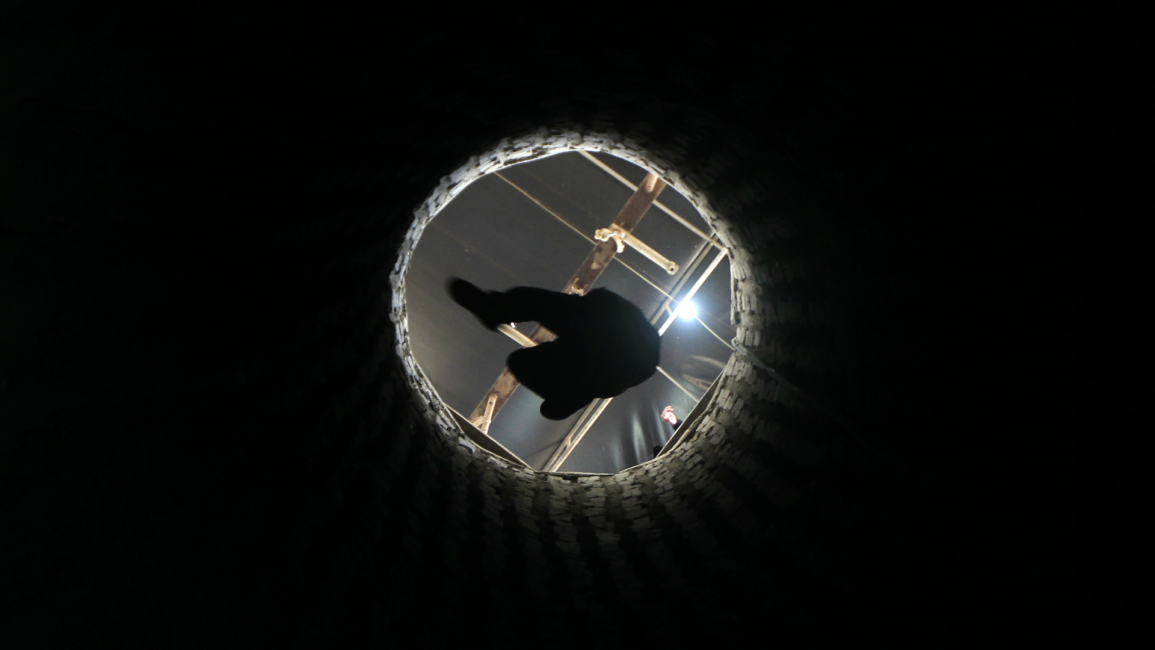
Tunnels and divorce in Gaza
Before I saw her I thought she was devoid of all motherly feelings. How can a mother throw away her five children and file for divorce? How can she leave them or sleep in a different house from them?
As a mother myself I could not justify her actions until we met face to face. Seeing the petrified tears in her eyes and sensing her suffering, I knew a power struggle was going on that was stronger than motherhood.
"I could not bear to see them anymore ravaged by hunger, or crying for food, clothes and shoes, and being unable to help them. I left them with their father, and went to my father's house to escape the torment," she told me.
| I knew a power struggle was going on that was stronger than motherhood. |
Her husband was employed for years as a construction worker until Israel imposed a siege on Gaza in 2007. He then worked at night, risking his life digging tunnels between Gaza and Egypt, returning home at dawn exhausted and covered in soil.
Days would pass before he was paid. Later he worked moving goods between the tunnels and trucks. He never received a regular income.
When the Egyptian army destroyed most of the tunnels between Egypt and Gaza, the family was thrown into poverty. Their home were demolished as part of a security campaign launched after former President Mohamed Morsi was removed from power.
At least 3,000 Palestinians in Gaza have lost their jobs since the tunnels were destroyed this summer. Conditions are deteriorating daily for a large segment of Gazan society.
The coastal enclave was greatly affected by the closure of the tunnels. The strip now sleeps in the dark because there is such a shortage of gasoline and diesel to operate the smuggled generators, and shops close early as there are few goods to sell. In the first six months after the tunnels were closed, productivity dropped by 60 percent, a loss of around $450 million to the local economy.
Working in the tunnels was known as "the occupation of death". It was the last resort for young workers in Gaza when there was no other work. They knew the tunnels could collapse at anytime, killing them, or if they were miraculously saved, returning them to their homes paralysed or with limbs lost.
But the tunnels stopped them from starving. Since their closure, these workers have joined the queues of the hungry unemployed.
Almost delirious, the mother told me that she wished life could have been different.
"I wish I could take whomever is responsible for destroying and closing the tunnels to court," she said. "When they were open, I was living with my children: hungry one day, satisfied the next. Now I have left them and their father to their hunger against my will, and I am dying every moment I am separated from them."
This article is an edited translation from our Arabic edition.



